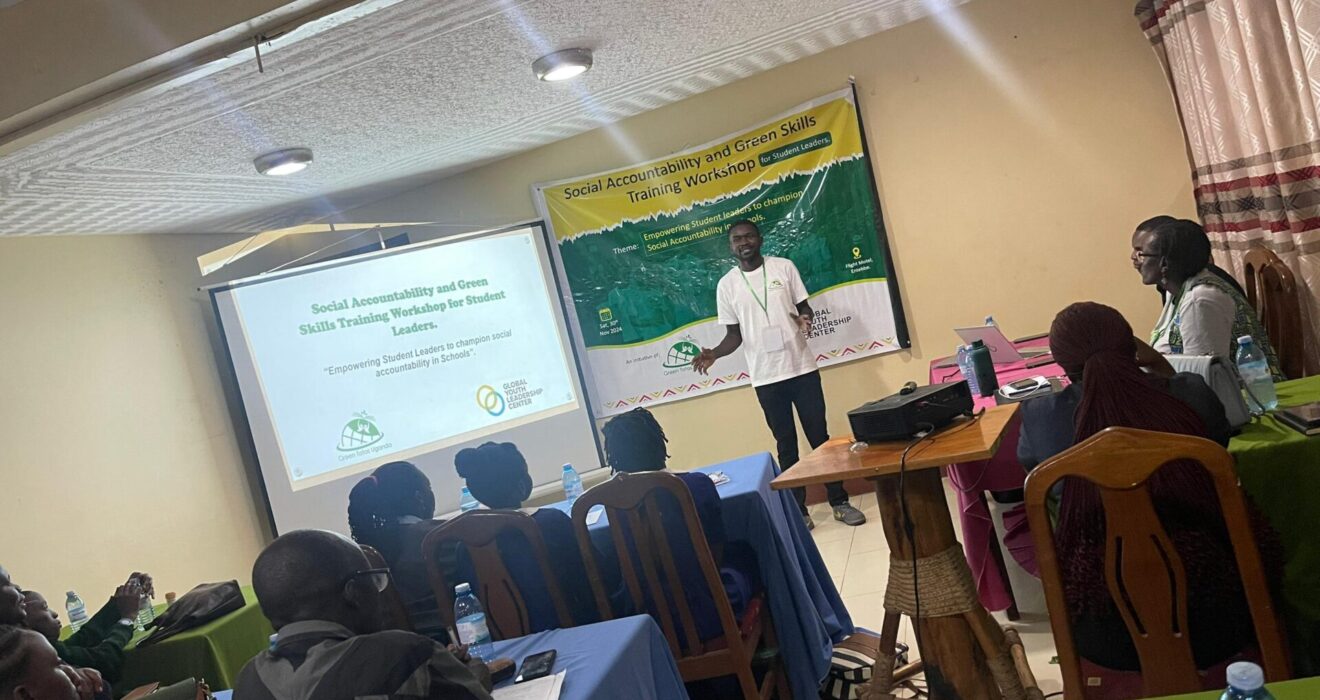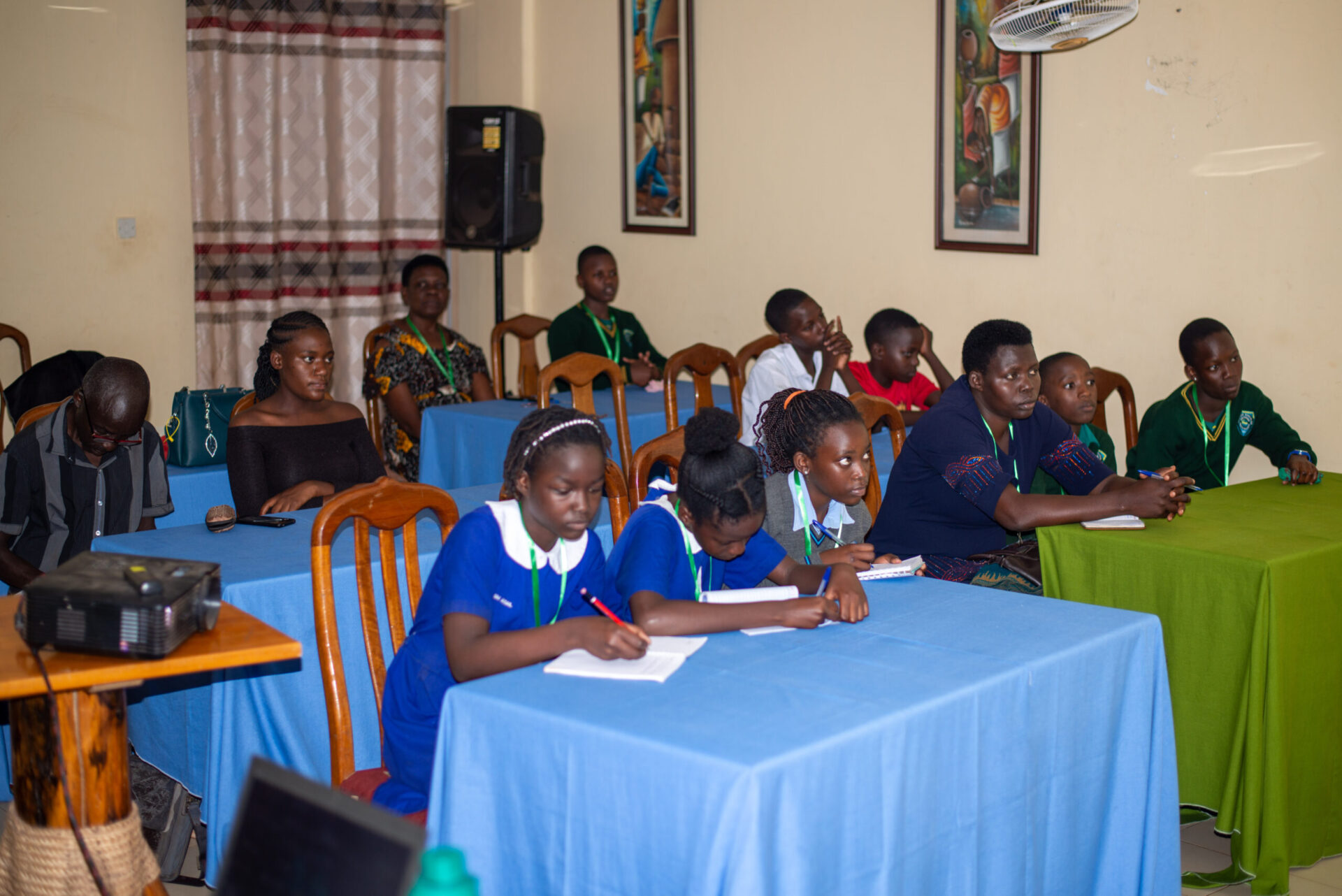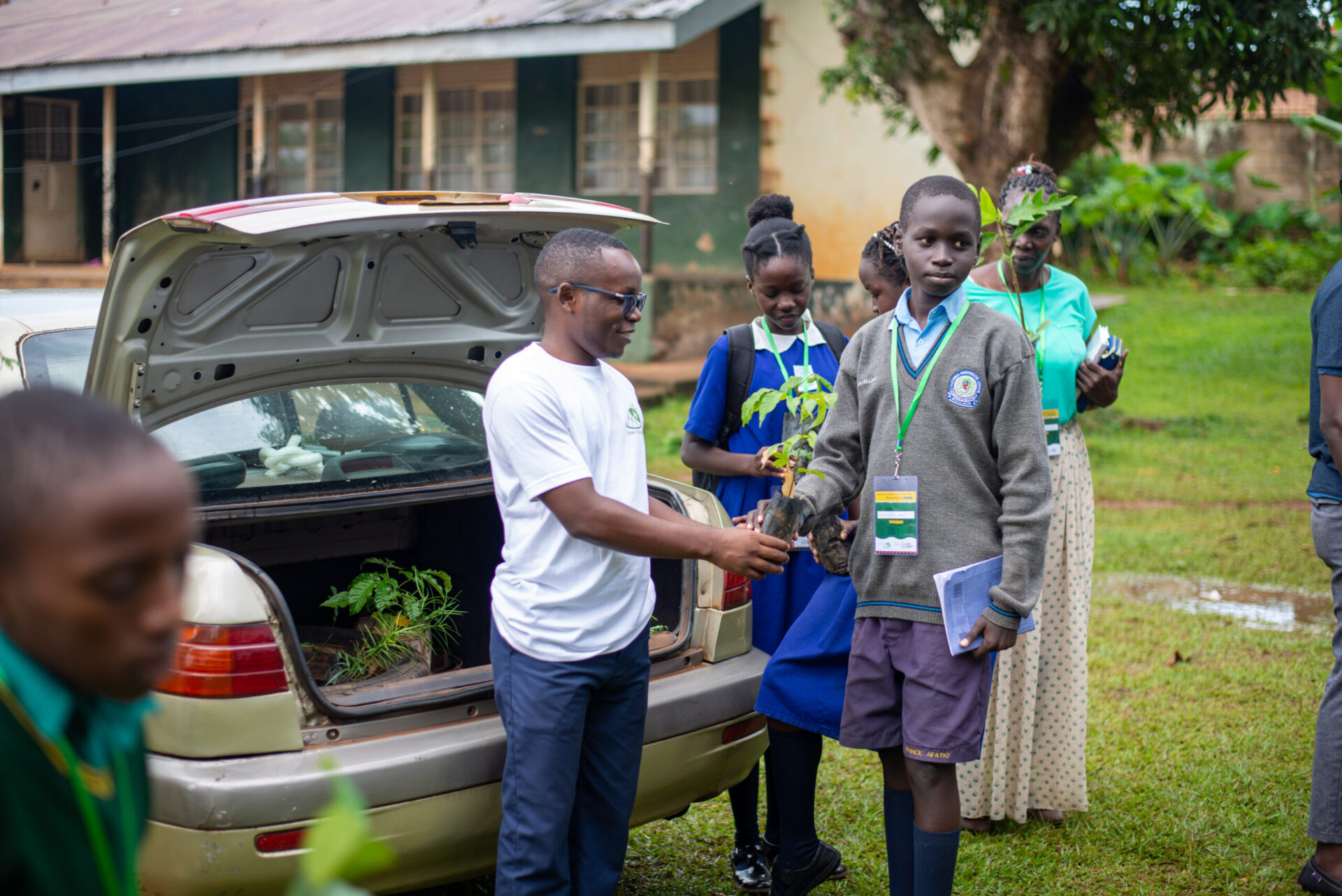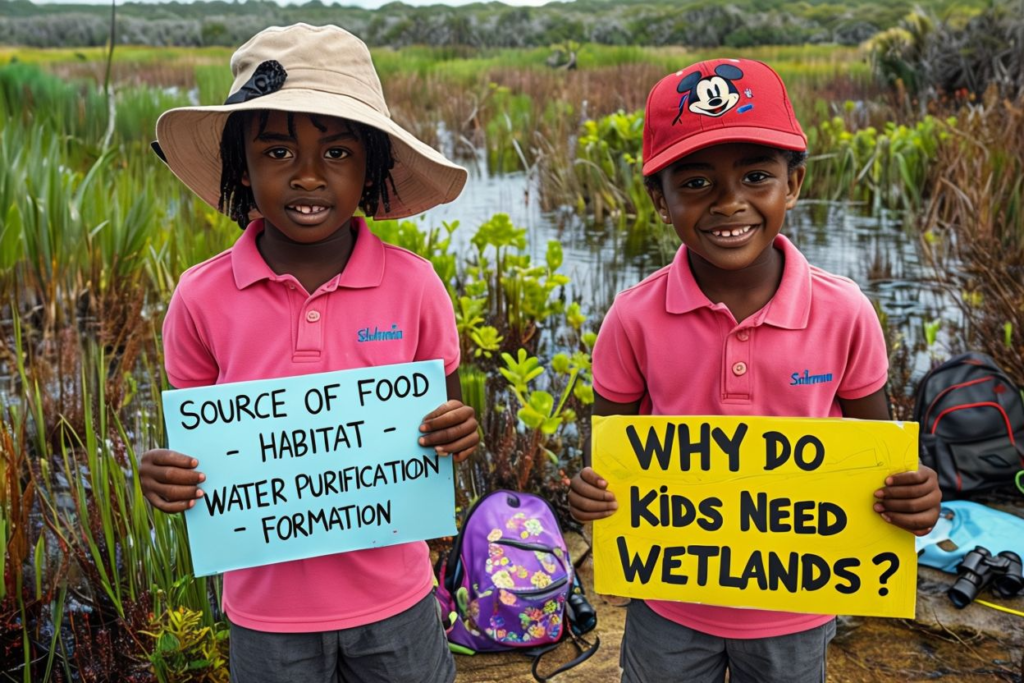Why Climate Change Education is crucial in the fight against climate change.
Climate change is one of the most pressing challenges facing humanity today, with far-reaching implications for ecosystems, economies, and social structures. As scientific consensus increasingly underscores the urgency of addressing climate change, the role of climate education and environmental literacy has emerged as a critical component in fostering a more informed and proactive society. This article explores how climate education and environmental literacy contribute to combating climate change through awareness, behavior change, community engagement, and policy advocacy.
Climate education encompasses a broad spectrum of learning experiences aimed at informing individuals about the science of climate change, its impacts on natural systems and human societies, and potential mitigation strategies. It is essential that educational programs are designed to be interdisciplinary, integrating knowledge from fields such as ecology, meteorology, sociology, economics, and ethics. By providing students with a comprehensive understanding of climate dynamics and their socio-economic implications, educators can empower future generations to make informed decisions.
Environmental literacy refers to an individual’s ability to understand environmental issues and make informed decisions regarding their actions toward the environment. This includes knowledge about ecological principles, sustainability practices, and the interconnections between human activities and natural systems. A well-rounded environmental literacy program equips individuals with critical thinking skills necessary for evaluating information related to climate change and encourages them to engage in sustainable practices.
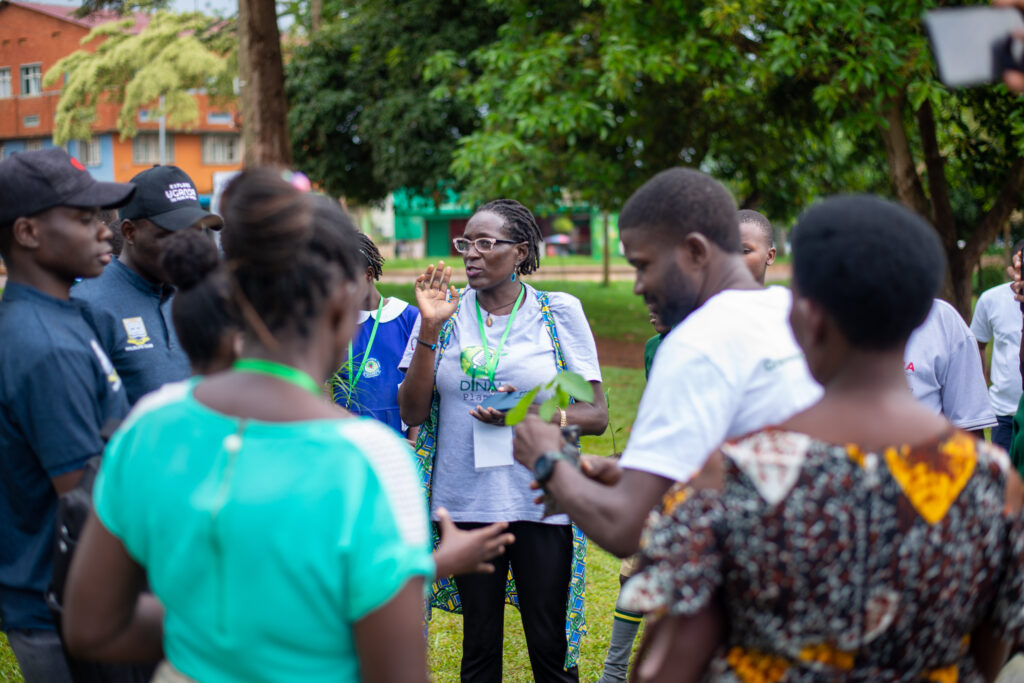
One of the primary roles of climate education is raising awareness about the realities of climate change. Educational initiatives can help demystify complex scientific concepts by presenting them in accessible formats. Schools play a pivotal role in this process by incorporating climate science into curricula across various subjects. For instance, lessons on weather patterns can be linked to discussions on greenhouse gas emissions or deforestation’s impact on biodiversity.
Education alone is not sufficient; it must also inspire action. Research indicates that individuals who receive comprehensive climate education are more likely to adopt sustainable behaviors—such as reducing energy consumption or participating in recycling programs—than those who lack such knowledge. Programs that combine theoretical learning with practical applications (e.g., community gardening or energy audits) can significantly enhance participants’ commitment to sustainability.
Education alone is not sufficient; it must also inspire action. Research indicates that individuals who receive comprehensive climate education are more likely to adopt sustainable behaviors—such as reducing energy consumption or participating in recycling programs—than those who lack such knowledge. Programs that combine theoretical learning with practical applications (e.g., community gardening or energy audits) can significantly enhance participants’ commitment to sustainability.
Climate education and environmental literacy are indispensable tools in the fight against climate change. By fostering awareness, promoting behavior change, engaging communities, and empowering citizens for policy advocacy, these educational efforts lay the groundwork for a more sustainable future. As we confront one of humanity’s greatest challenges, investing in comprehensive educational strategies will be vital for equipping individuals with the knowledge necessary to navigate an uncertain future effectively.
